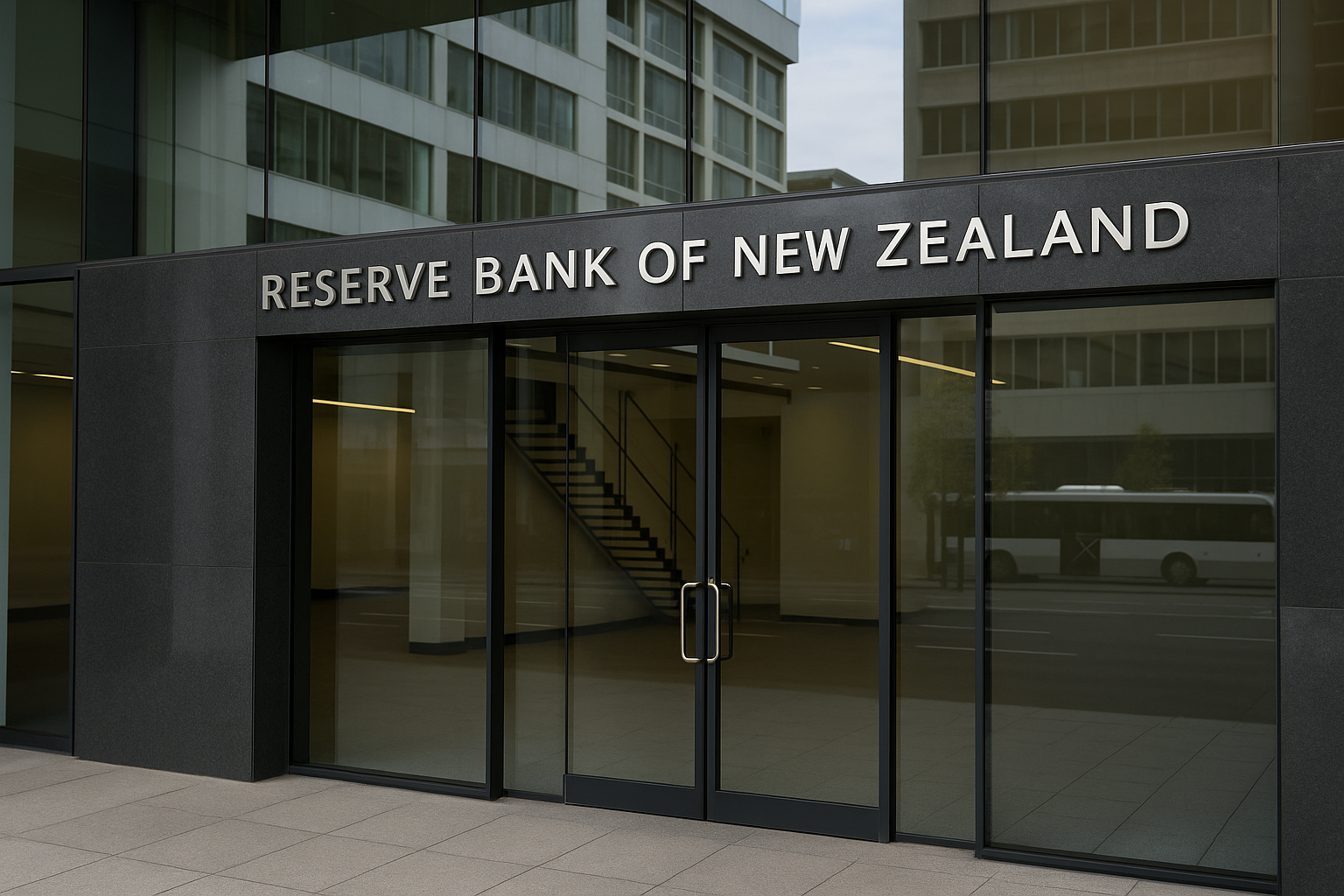Govt Welcomes 50-Point OCR Cut as Relief for Households and Businesses
The most immediate impact of the OCR cut will be felt by mortgage-holders, who stand to benefit from lower lending rates as banks pass on the reduction.

- Country:
- New Zealand
Finance Minister Nicola Willis has hailed today’s 50 basis point reduction in the Official Cash Rate (OCR) as a significant boost for New Zealand households and businesses, marking a major step in the country’s ongoing economic recovery. The Reserve Bank’s decision brings the OCR down to 2.5 percent, continuing a steady easing trend after reaching a peak of 5.5 percent just over a year ago.
Willis said the latest cut demonstrates that monetary policy is working as intended—helping to stabilise the economy, lower borrowing costs, and ease financial pressures on Kiwi families and employers. “Today’s Official Cash Rate shows monetary policy doing its job. The reduction will be welcome news to mortgage-holders and businesses, as OCR drops flow through to interest rates,” she said.
Mortgage Relief for Kiwi Families
The most immediate impact of the OCR cut will be felt by mortgage-holders, who stand to benefit from lower lending rates as banks pass on the reduction. The Finance Minister said the effect could be substantial for families managing household budgets amid ongoing cost-of-living pressures.
“Assuming today’s reduction is passed on in full, minimum repayments for a family with a 25-year, $500,000 mortgage will be more than $400 less per fortnight than they were in the middle of last year,” Willis explained. “That’s meaningful relief for hardworking New Zealanders.”
Economists estimate that the OCR’s sharp decline—a three-percentage-point drop since 2024—could inject hundreds of millions of dollars back into the economy over the next year by freeing up disposable income and encouraging investment.
Supporting Growth, Jobs, and Investment
Willis said falling interest rates are “good news for growth, jobs, and investment,” as they encourage borrowing, business expansion, and consumer spending. With inflation now under control, the focus has shifted to reigniting economic momentum after a period of stagnation.
“Lower interest rates mean more money in the hands of families and businesses, which supports growth and helps get more New Zealanders into work,” Willis said. “It’s a sign that the economy is stabilising and that our policies are working.”
A Return to Stability After High Inflation
The Finance Minister credited the turnaround to the Government’s decision to refocus the Reserve Bank’s mandate on price stability and to exercise fiscal restraint. After several years of inflation exceeding 7 percent, New Zealand has now recorded four consecutive quarters of inflation within the Reserve Bank’s target band of 1 to 3 percent.
“We acted swiftly to refocus the Reserve Bank on addressing inflation,” Willis said. “We also stopped wasteful spending, which aside from squandering hard-earned tax dollars, overheated the economy.”
The Government’s fiscal discipline—coupled with responsible monetary policy—has helped cool inflation without triggering a deep recession, economists note. The balance between monetary easing and targeted government reform is now shaping a more sustainable recovery path.
Continuing the Economic Recovery
Despite the positive developments, Willis acknowledged that many New Zealanders are still feeling financial strain. “We know many New Zealanders are still doing it tough,” she said. “That’s why the Government remains focused on responsible economic management that supports recovery while delivering the public services New Zealanders expect.”
She emphasised that lower interest rates are only one part of a broader strategy that includes policies to drive job creation, lift incomes, and improve productivity. “We’re a reforming Government, focused on policies that support job and income growth, ensuring every Kiwi has the opportunity to get ahead,” Willis added.
Looking Ahead
The OCR cut reflects growing confidence that inflationary pressures have been contained and that the economy is transitioning into a new phase of recovery and growth. Businesses are expected to benefit from reduced financing costs, while households will gain breathing space as mortgage repayments ease.
Financial analysts say that if inflation continues to remain stable, the Reserve Bank could hold the OCR at its new level for an extended period—providing greater certainty for investors and homeowners.
The Government, meanwhile, plans to maintain its focus on fiscal responsibility, workforce development, and productivity-enhancing reforms to ensure the benefits of recovery are widely shared.
As Willis summed it up: “Today’s decision shows that sound monetary and fiscal policy is paying off. We’re rebuilding a stronger, fairer economy where families and businesses can plan for the future with confidence.”










